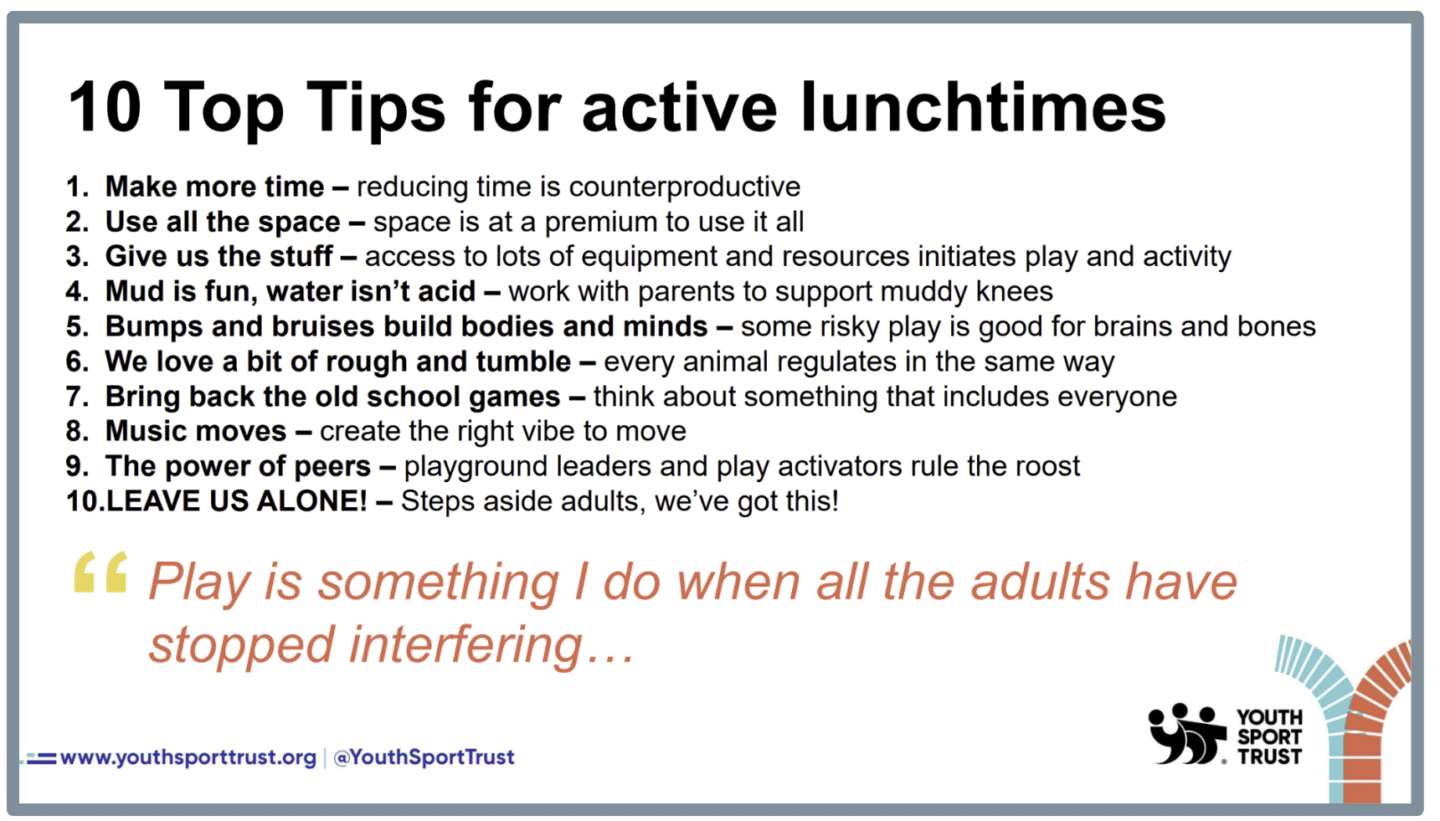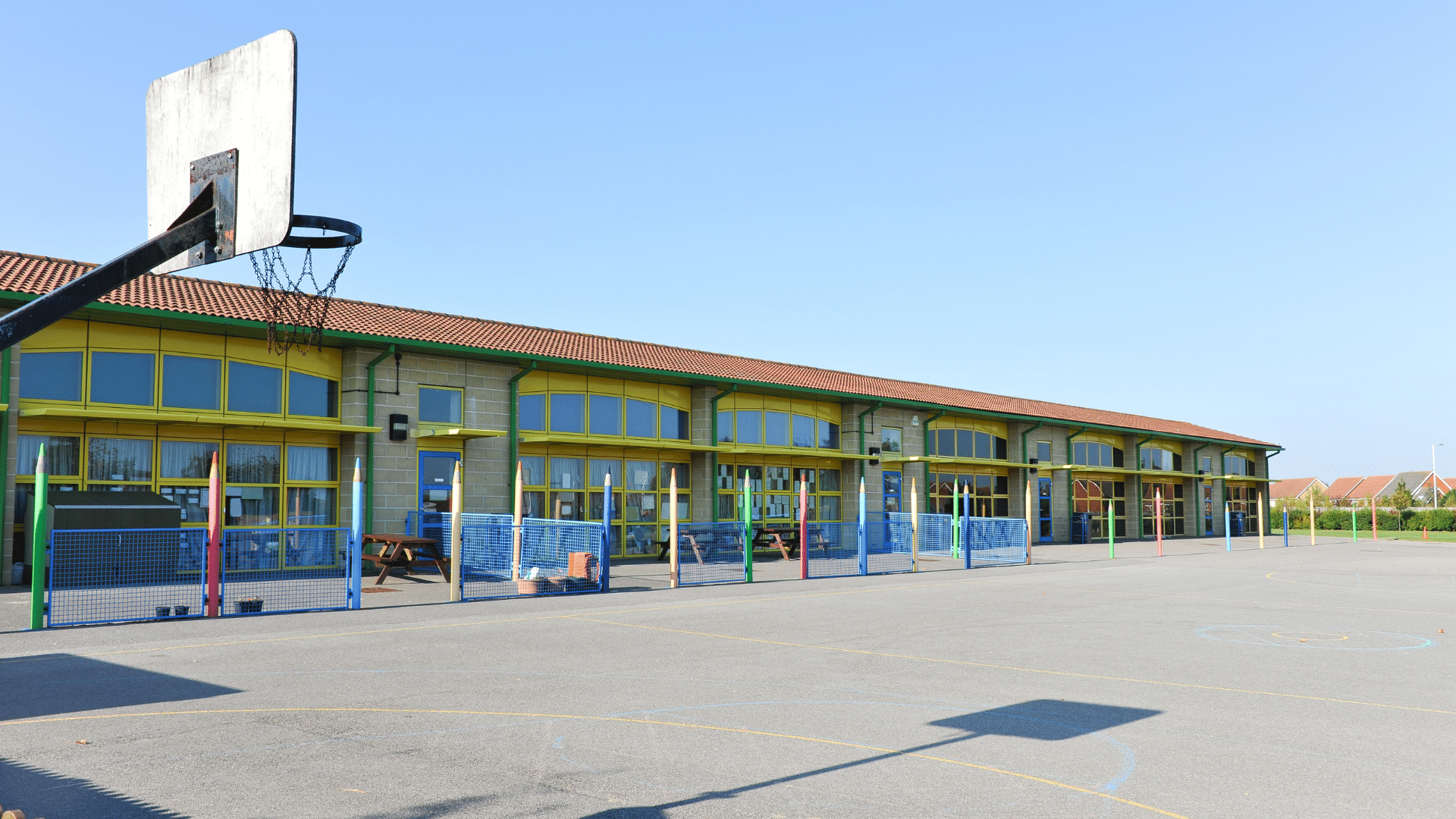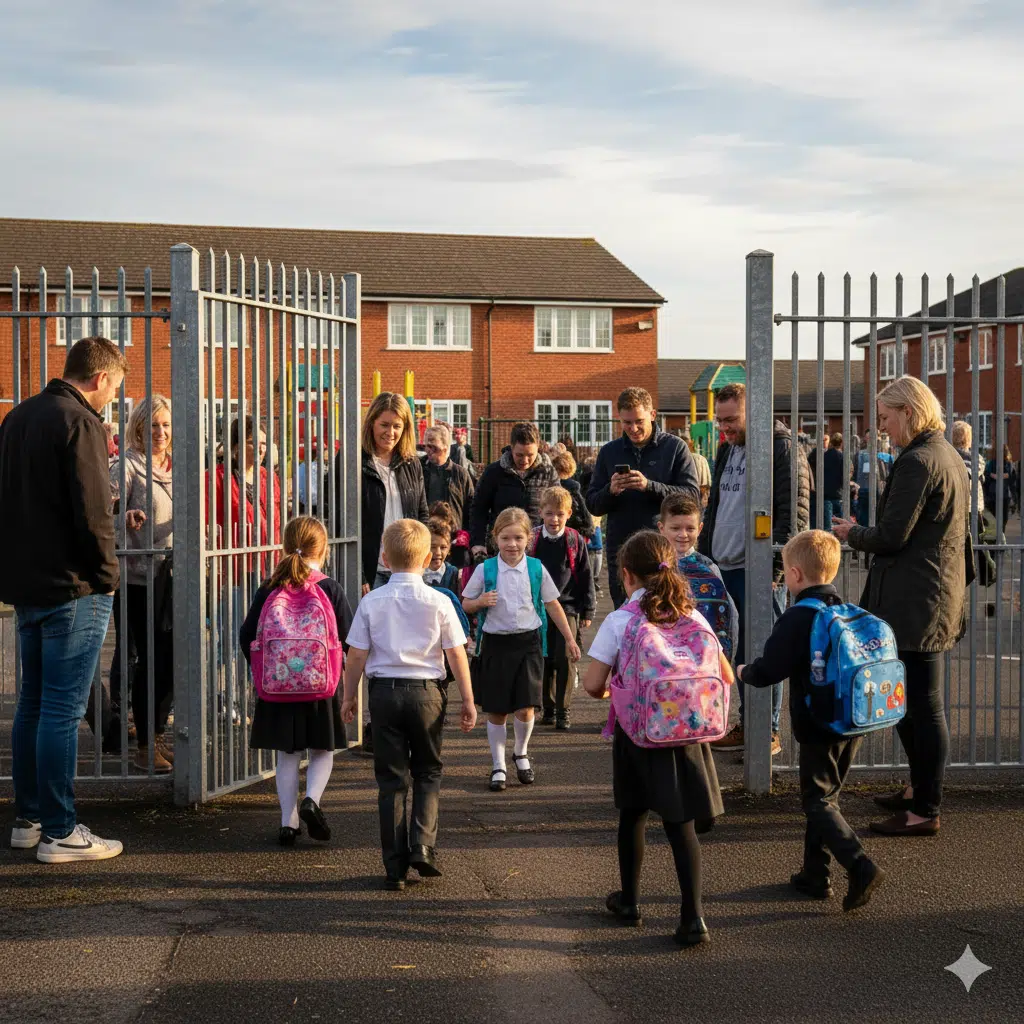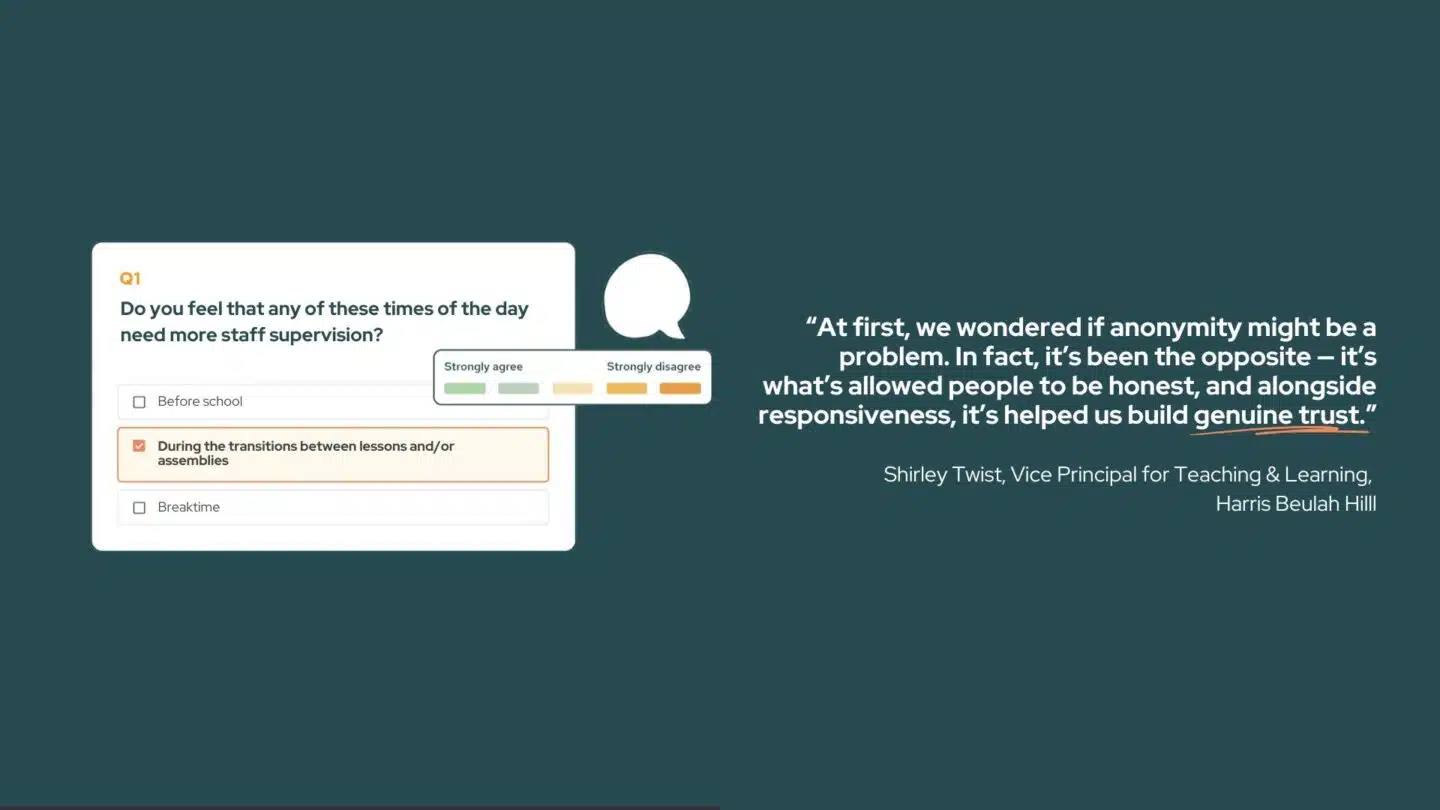What can be done to improve lunchtimes in schools? Here at School Surveys and Teacher Tapp, we don’t claim to have the answers ourselves. Our expertise lies in asking the questions! We have been asking lots of questions about lunchtimes lately – both to our Teacher Tapp panel, as you may have spotted in various media pieces this term – and most recently to thousands of pupils themselves, via our Lunchtime Listen national research project.
Our interest in asking all these questions is to try and ensure that the whole sector (and indeed society beyond) is able to hear from voices on the ground about this important issue.
To add a further dimension to the listening, we felt that it would be valuable to host a gathering of people with in-school experience to explore some ideas together, and to offer these to the many schools who have been supporting the research by asking their pupils to participate. This blog post aims to share some of the ideas discussed.
Webinar ideas
On Tuesday 1st April, we were delighted to welcome Youth Sport Trust‘s Head of Health and Wellbeing Chris Wright and Tytherington School’s Headteacher Manny Botwe. They joined Head of School Surveys, June Stevenson, in order to share some of their insights and experiences. You can watch a full recording of the event on our YouTube channel here.
There are myriad challenge for schools thinking about lunchtimes. We already know from previous data how time for lunches has been squeezed over the years, and the added complications of pressures on space, supervision and resources make for a complex mix of issues.
Chris joined from the Youth Sport Trust, an organisation with a lot of experience in helping schools make lunchtimes healthier and happier, as part of a wider push for more activity integrated into the whole school day. He didn’t shy away from discussing the challenging reality of lost hours of lunchtimes in schools over recent decades, and the damage that this does. But his presentation was also full of hope and ideas, from the underpinning philosophies to some practical strategies.
A key idea was the transformative approach of giving power and responsibility to the children themselves. Contemporary life has seen many adults adopt a risk-first way of controlling the time, spaces and activities given to children, so Chris shared powerful stories of how children can respond very positively to opportunities to lead their own play.
He talked about the work done at Oasis Blakenhale Junior School and how the whole culture (and outcomes) of the school have been improved through the steps they’ve taken to build an active and positive approach to learning and school life. Pupil agency has been key: from asking pupils what is important to them, through to pupils leading clubs and the development of Play Leaders to support in KS1.
The full set of YST slides from Chris can be found here, and this one gives a particularly useful summary of top tips:

The secondary school perspective
We were also very pleased to hear from Manny Botwe, Headteacher at Tytherington School, one of the schools that has been participating in the Lunchtime Listen. Manny shared some of the questions that surveying his own Year 7 and Year 8 pupils has raised for his team. Manny’s insights were wide-ranging and thought-provoking: from the “the holy trinity” of behaviour, toilets and food through to the challenges of tackling chicken wings on the go, we were given great insight into the busy realities of lunchtimes in a big, busy school!
It seems clear that pupils really appreciate the social value of time to come together, and asking for their views uncovered all sorts of interesting questions and ideas, such as:
- How does a shorter lunchtime impact on take up of activities, and can after school options mitigate this?
- What more could they learn about different experiences of girls and boys at lunchtimes?
- Is there a way to accommodate wishes for access to quieter spaces?
- Who controls the space, and should zoning be considered?
- Are girls’ uniforms a barrier to their participation in more physical activities?
- How might some of the pupils’ great ideas for new activities and clubs be taken forward?
As Manny acknowledged, it can be somewhat daunting to put out a survey, and then carefully consider which issues to pick up on, and where to focus energies. The commitment to an inclusive school improvement journey was inspirational to hear. Often, asking one set of questions helps give ideas for where pupil voice could usefully be heard next – showing how engaging the pupils can be a rewarding part of building a stronger community together.
Questions and discussion followed, covering more interesting topics, such as achieving cultural change, long-running Covid impact and the pros and cons of staggering lunchtimes. Some of the other ideas referenced in the discussion included:
- Opal (Outdoor Play And Learning) programmes
- The Nike “zoning” approach to playgrounds
- Peer mediation training
What next for the Lunchtime Listen?
As the spring term draws to a close, we are excited to be receiving all the responses from pupil surveys about lunchtimes. All participating schools will receive their individual benchmarked reports in time for the start of the summer term. We will also publish a National Report drawing together the findings.
Alongside receiving their reports, we will also be sharing tips and resources with the schools for how to get the most out of sharing their survey reports with their own pupils. Any other schools wishing to run their own surveys may be interested to take a look at our service or request an online meeting by contacting us: hello@schoolsurveys.com



